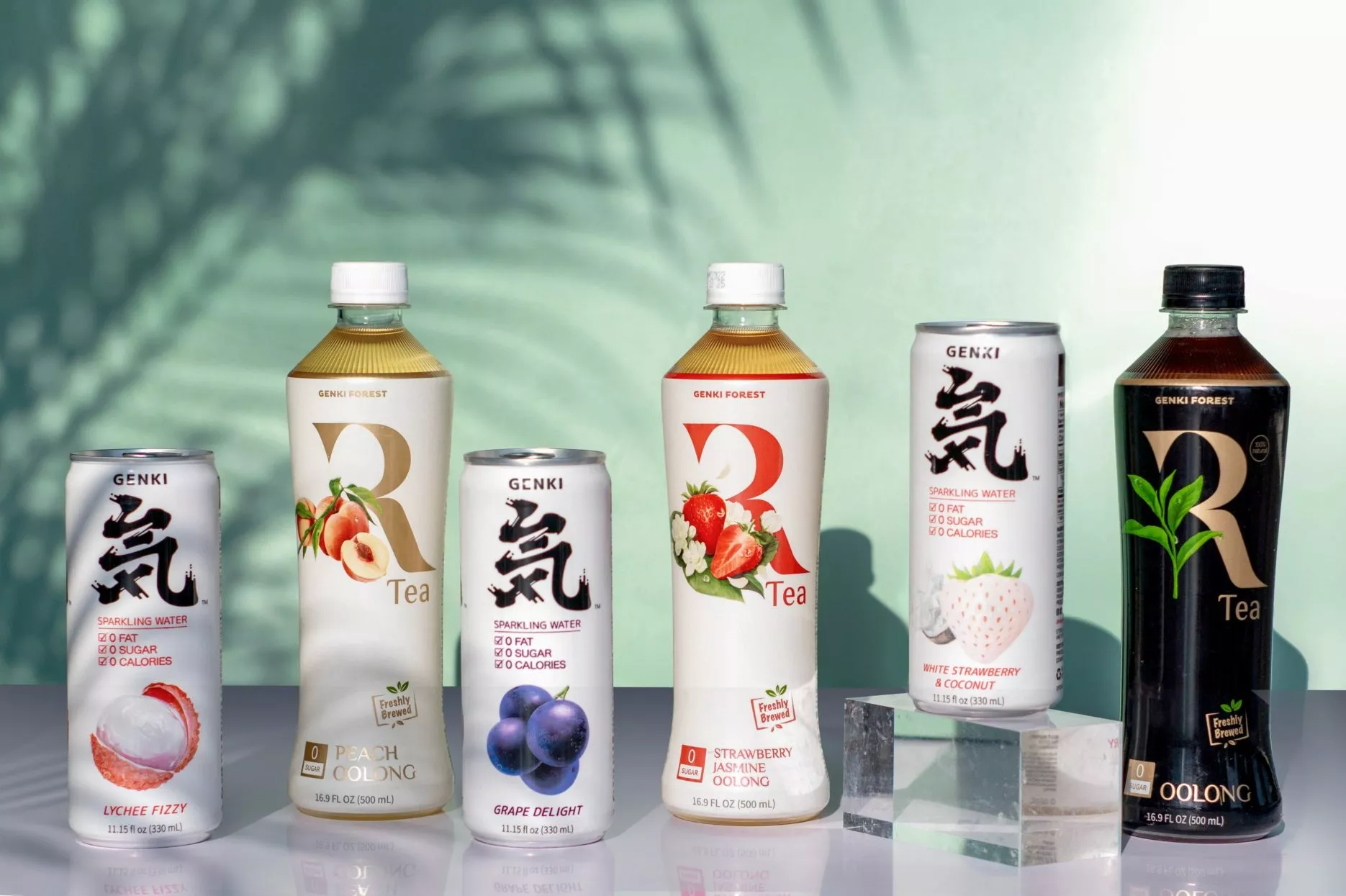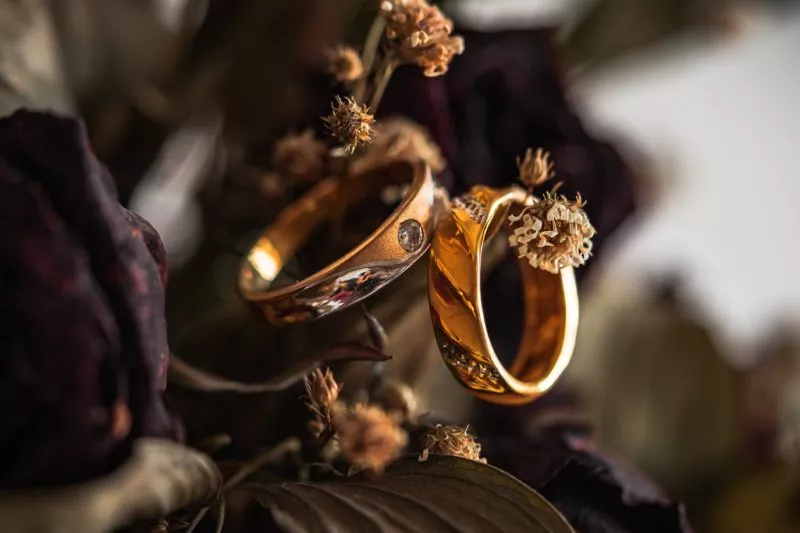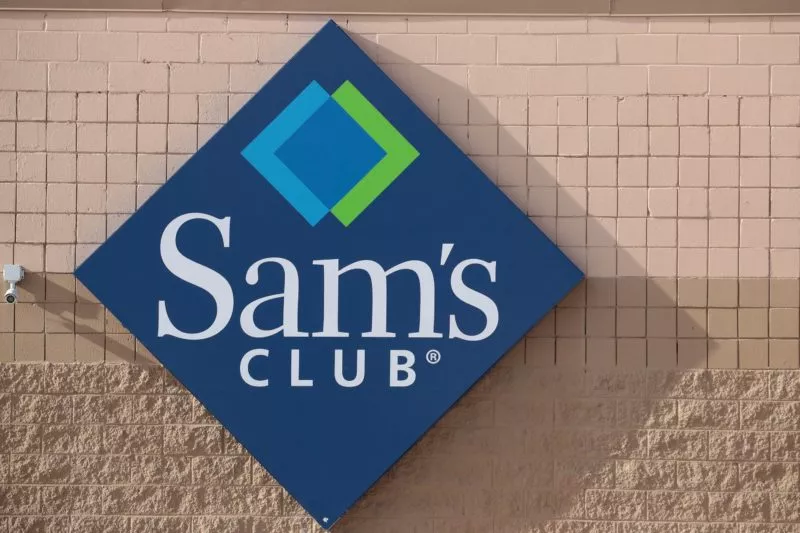Genki Forest, a Chinese soft drink brand with a focus on healthy tea, has expanded its business scale on 26 October to include selling cosmetic products.
The beverage firm produces sugar-free and low-calorie drinks and has rapidly grown into a unicorn of the industry, winning over the Chinese Gen Z generation who are more aware of the health impacts of their intakes.
Some have speculated the intention behind the move is to leverage its consumer base, capitalising on its conscious consumerism in another bright market.
According to a report published earlier in March, women aged between 18 and 35 are the brand’s main consumers, making up 74.7% of its customer base, and one that is typically inclined to the health impacts of the products they buy.
While the fact that the Gen Z crowd are also savvy buyers of cosmetic products, the beauty industry itself is flourishing in China thanks to the growing “appearance anxiety”, which drives up the consumption of beauty products among the young Chinese. Genki Forest looks to leverage these consumer motivations and makes a name for itself via its holistic and health-focused products.
Many brands in China have already tapped into this lucrative market, such as the apparel brands Zara and H&M, who have both launched beauty sections. In addition, Genki’s peers, such as bottled water brand Nongfu Spring, have capitalised on this trend through crossover marketing with skincare brand Yoseido.
According to iiMedia, a Chinese industrial data analysing institution, the cosmetic industry in China is expected to become “the world’s biggest consumer market, reaching a market scale of trillions by 2025”.
The expansion into cosmetic products at Genki Forest shows the opportunities that come along with the growth of China’s beauty industry are not limited to beauty brands, and therefore it is a lucrative avenue of income for all brands within China’s economy.
Read more:









